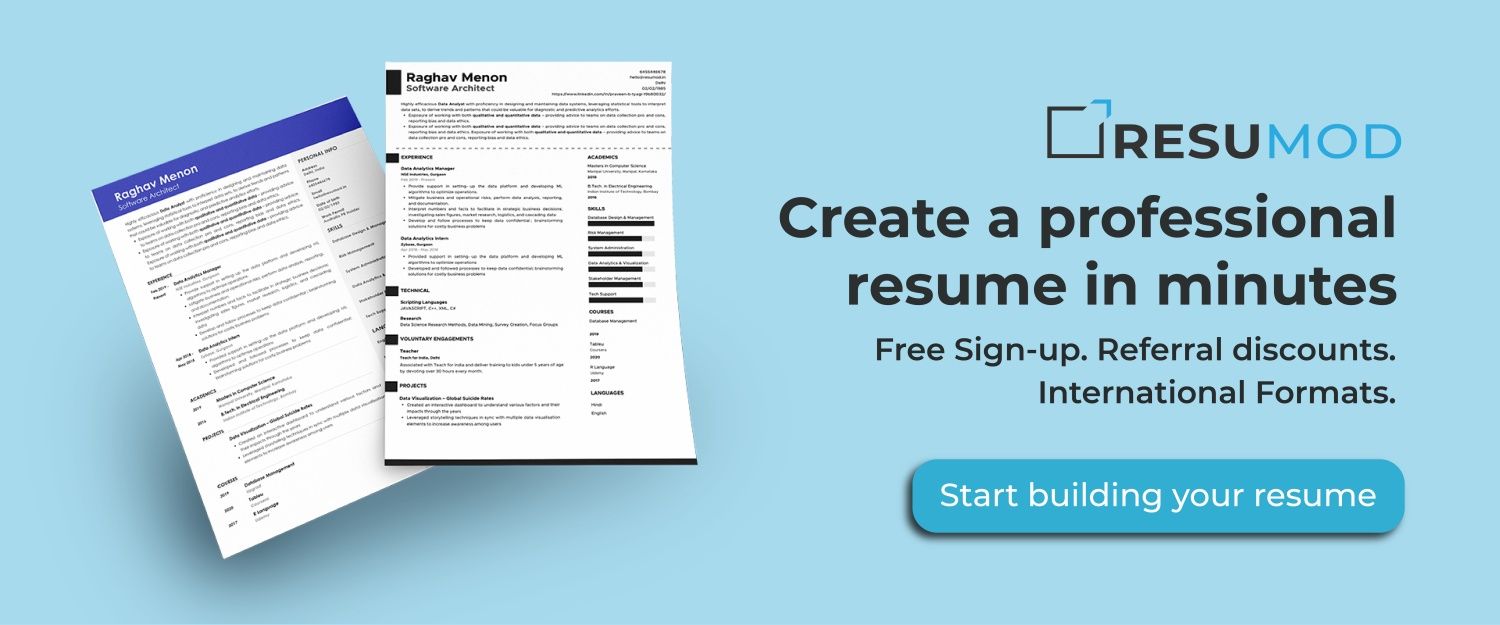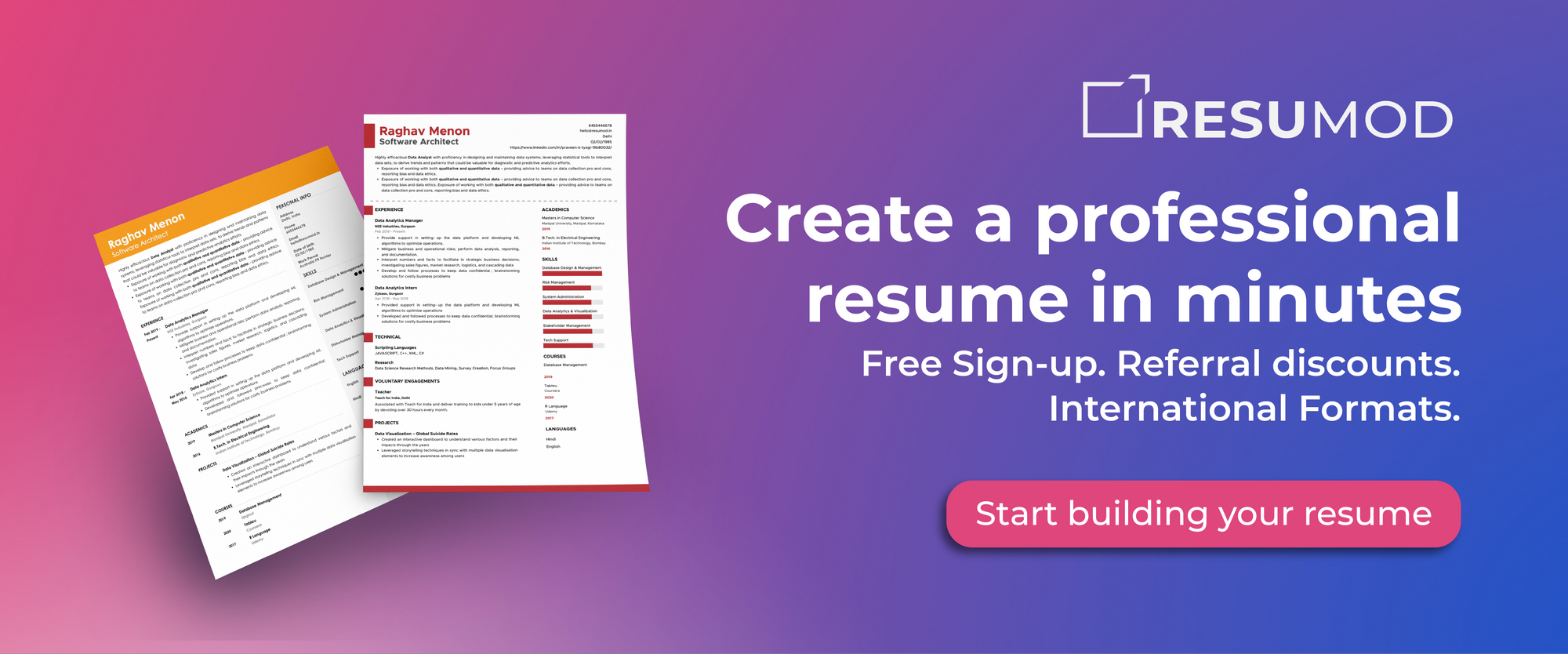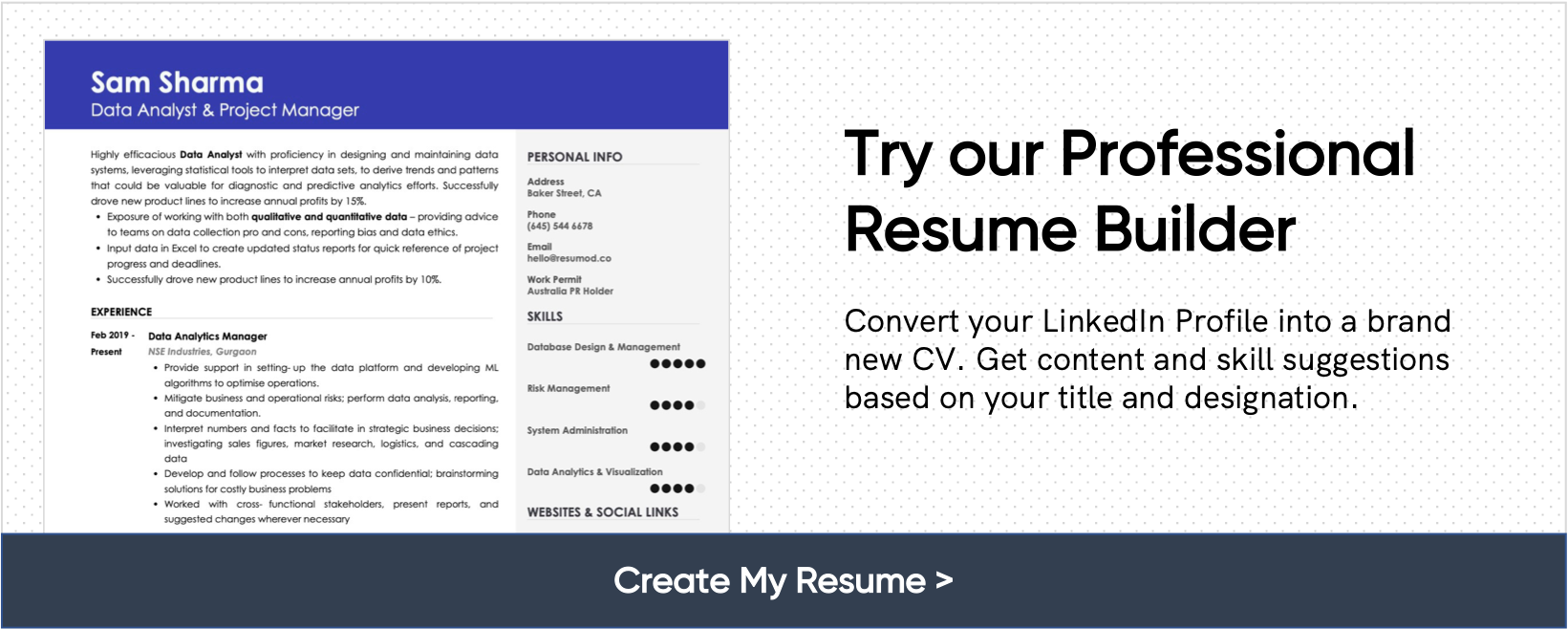Mastering Interview Skills in 2025: AI-Powered Strategies for Job Success
If you want to stand out in this AI-driven job market, you need to master interview skills that align with new technologies.
Picture this: You apply for your dream job, and instead of meeting a recruiter first, you’re greeted by an AI-powered chatbot conducting your initial interview. The questions are dynamic, the responses are analysed in real-time, and within minutes, the system determines whether you move forward in the hiring process.
This is not science fiction - it’s the reality of job interviews in 2025. AI is revolutionizing hiring processes, making them faster, data-driven, and more efficient. According to a recent study by Gartner, 85% of companies are using AI-driven tools in their recruitment processes, from resume screening to video interview analysis.
If you want to stand out in this AI-driven job market, you need to master interview skills that align with new technologies. Here’s how you can leverage AI-powered strategies to ace your next job interview and land the job you deserve.
Understand AI in the Hiring Process
Before you can beat AI, you need to understand how companies use it. In 2025, AI plays a key role in screening, assessing, and even conducting interviews. Here are some of the ways AI is shaping recruitment:
- Automated Resume Screening: AI scans resume for keywords and filters candidates based on job descriptions. 75% of resumes never reach a human recruiter because they fail AI screening.
- AI-Powered Video Interviews: Companies use AI-driven platforms to analyse facial expressions, tone, and speech patterns to assess candidates.
- Chatbot Interviews: Many companies use AI chatbots for initial screening rounds, asking structured questions and evaluating responses.
- Predictive Analytics: AI analyses past hiring patterns to predict the best candidates for a role, reducing bias and improving efficiency.
Knowing how AI works will help you tailor your approach and ensure your resume and interview performance align with what hiring algorithms look for.
Optimize Your Resume for AI Screening
Since most resumes are filtered through Applicant Tracking Systems (ATS) before they reach a recruiter, it’s crucial to optimize yours for AI:
- Use Relevant Keywords – Scan the job description and incorporate industry-specific keywords naturally.
- Keep Formatting Simple – Avoid fancy designs, columns, or images that AI may struggle to read.
- Use Standard Job Titles – AI recognizes common job titles better than creative variations.
- Quantify Achievements – AI prioritizes measurable results, so include numbers (e.g., "Increased sales by 30% in Q2").
By aligning your resume with AI filters, you increase your chances of landing an interview.
Prepare for AI-Assisted Video Interviews
AI-driven video interviews analyse everything from your speech clarity to facial expressions. To perform well:
- Practice with AI Tools – Use platforms like Yoodli or Interviewing.io to analyse your speech and improve clarity.
- Maintain Good Eye Contact – Look directly at the camera, as AI tracks engagement levels.
- Avoid Monotone Speech – Vary your tone and pace to sound more natural.
- Use Clear, Concise Answers – AI values structured responses, so follow the STAR method (Situation, Task, Action, Result).
- Be Mindful of Body Language – Sit upright, avoid excessive hand movements, and maintain a confident posture.
A well-prepared video interview performance improves your AI score and increases your chances of moving forward.
Leverage AI-Powered Mock Interviews
Practicing with AI can enhance your performance by identifying strengths and weaknesses. Some top AI interview preparation tools include:
- Big Interview – Provides AI-driven feedback on your answers.
- Yoodli – Analyses speech patterns and suggests improvements.
- VMock – Evaluates your resume and interview skills.
- Resumod – Generates tailored interview questions based on your resume, helping you prepare for role-specific queries.
These tools provide real-time feedback on aspects like tone, confidence, and clarity, helping you refine your responses.
Master Soft Skills – AI Can’t Replace Them
While AI is great at evaluating technical skills, soft skills like emotional intelligence, creativity, and leadership remain irreplaceable. According to LinkedIn’s 2025 Workplace Report, 92% of hiring managers prioritize soft skills over hard skills.
- Emotional Intelligence – Show empathy and adaptability in your responses.
- Problem-Solving – Use examples that highlight creative thinking.
- Collaboration – Share stories that demonstrate teamwork and leadership.
- Authenticity – AI may analyse body language, but recruiters still value genuine human connection.
Balancing AI optimization with strong interpersonal skills makes you a standout candidate.
Use AI to Your Advantage in the Job Search
AI isn’t just being used by employers - you can use AI tools to enhance your job search and interview preparation:
- ChatGPT & Google Gemini – Draft personalized cover letters and interview responses.
- LinkedIn Resume Assistant – Optimize your profile using AI recommendations.
- Grammarly & Hemingway Editor – Improve resume and email communication.
- Jobscan – Ensure your resume matches job descriptions for ATS success.
- Resumod – An AI-powered platform that helps you create optimized resumes and provides tailored interview questions.
Using AI strategically can save time, improve your application quality, and boost interview confidence.
The Human Touch Still Matters
Despite AI advancements, human recruiters still play a crucial role in final hiring decisions. To build stronger connections:
- Network Actively – AI can’t replace personal recommendations, so leverage LinkedIn and industry events.
- Follow Up with a Personalized Email – A well-crafted thank-you note can make a lasting impression.
- Showcase Company Research – Demonstrate knowledge about the company’s values and mission.
At the end of the day, relationships and personal connections remain powerful tools in landing a job.
AI is an Ally, Not a Replacement
AI is transforming job interviews, but the fundamentals remain the same: preparation, confidence, and authenticity. Leverage AI tools to practice, refine your answers, and gain insights, but remember - your unique experiences, problem-solving abilities, and emotional intelligence set you apart.
Employers aren’t just hiring skills; they’re hiring people. So, while AI can help you get noticed and improve your responses, your authenticity, adaptability, and ability to connect with interviewers will ultimately land you the job.
Stay ahead of the curve, embrace AI-powered strategies, and step into your next interview with confidence - because the future of job success is already here!



